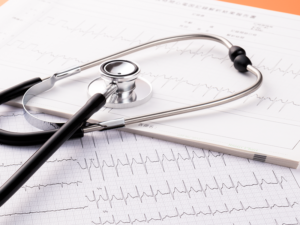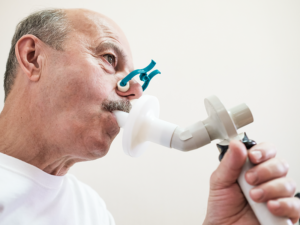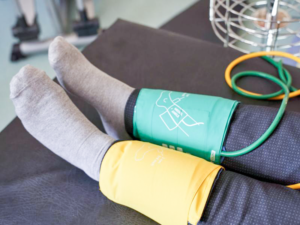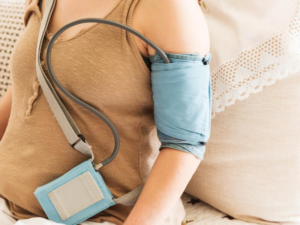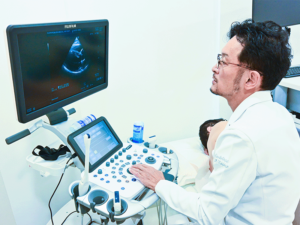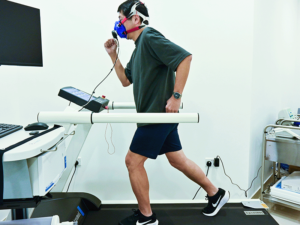Echocardiography
A test that examines the structure and motion of the heart.
An echocardiogram is a safe, non-invasive test that uses ultrasound waves to observe the structure and movement of the heart in real time.
There is no pain or radiation involved, making it a low-risk procedure for the body.
The test takes about 20 minutes and involves simply placing a probe with gel on your chest.
This test can help detect abnormalities in the structure and movement of the heart, such as myocardial infarction, valvular disease, and cardiomyopathy.
If you are experiencing symptoms such as palpitations, shortness of breath, chest pain, dizziness, or swelling in your daily life, the cause may be heart-related, and we recommend undergoing this examination.
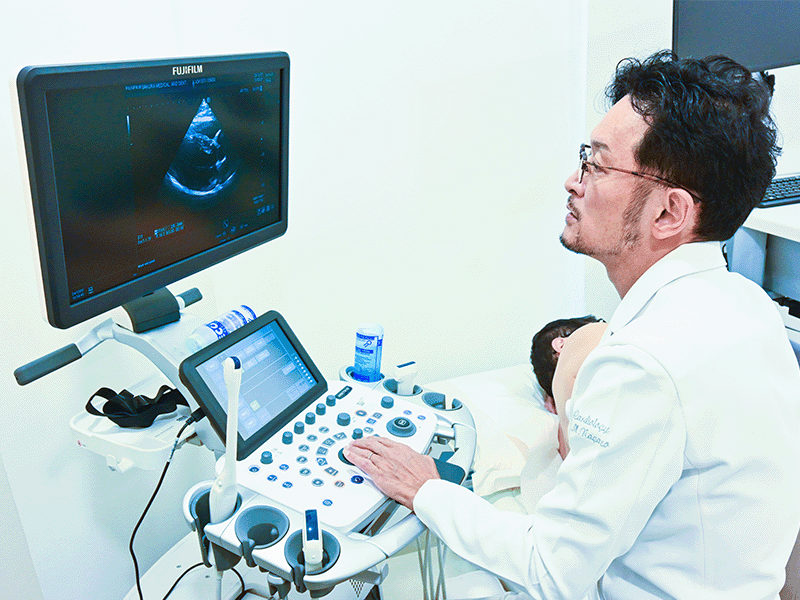
Detectable Conditions
Myocardial Infarction
Heart Valve Disease
Cardiomyopathy
Important Notes
No special preparation is needed, but please wear clothing that allows easy access to your upper body for the test.
Carotid Ultrasound
A test to check for atherosclerosis in the carotid arteries.
Carotid ultrasound is a safe, non-invasive test used to check for atherosclerosis (hardening of the arteries) in the carotid arteries.
There is no pain or exposure to radiation, making it a low-risk and comfortable procedure.
The test takes about 10 to 20 minutes and involves placing a probe with gel on the neck.
This test allows us to assess the condition of the major blood vessels that supply blood to the brain.
If the arteries in the neck become narrowed or blocked due to atherosclerosis, it can increase the risk of serious conditions such as stroke.
People with lifestyle-related diseases—such as hypertension, dyslipidemia, or diabetes—are at higher risk of atherosclerosis, so we recommend undergoing this test at least once.
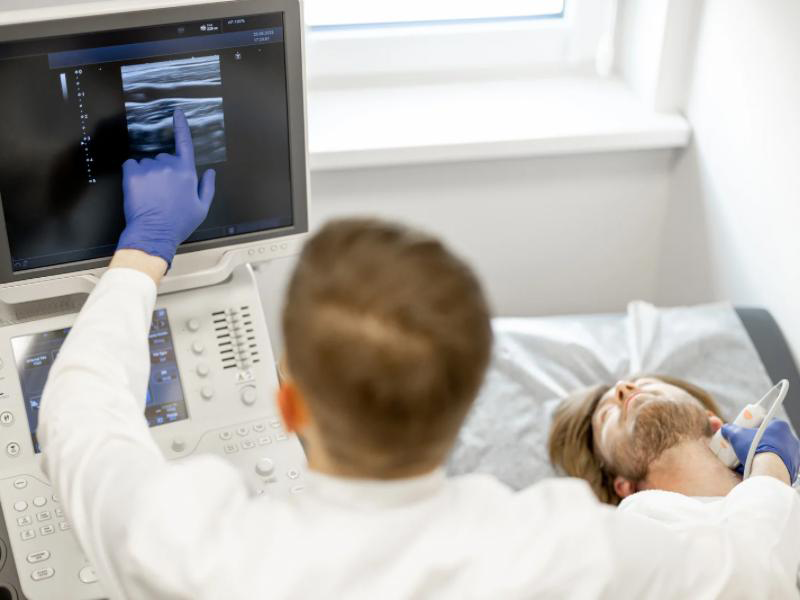
Detectable Conditions
Arteriosclerosis
Important Notes
No special preparation is needed, but please wear clothing that allows easy access to your upper body for the test.
Cardiology Tests and Examinations
We offer the following diagnostic tests at our clinic.
Based on the results, we develop an appropriate treatment plan and provide referrals to specialists when necessary.
Electrocardiogram
An electrocardiogram (ECG) is a test that measures the small electrical signals generated by the heart as it beats.
This test can detect heart conditions such as myocardial infarction (heart attack), angina, arrhythmias, and cardiomyopathy at an early stage.
Pulmonary Function Test (PFT)
A pulmonary function test provides a detailed assessment of lung capacity and airway condition.
The procedure takes about 10 minutes and involves breathing deeply in and out through a mouthpiece.
It enables the early detection of respiratory diseases.
Ankle-Brachial Index (ABI)
The ABI (Ankle-Brachial Index) test is used to assess arterial narrowing and the degree of arteriosclerosis.
Blood pressure cuffs are placed on both arms and ankles to measure blood pressure, and the test takes only a few minutes.
It is useful for detecting and managing conditions that involve narrowed blood vessels.
Ambulatory Blood Pressure Monitoring (ABPM)
ABPM (Ambulatory Blood Pressure Monitoring) is a test that records your blood pressure over a 24-hour period during your normal daily activities.
A specialized monitor is worn on the arm and automatically measures your blood pressure at regular intervals.
This test is useful for detecting types of hypertension that may be missed during a standard clinic visit.
Ultrasound Examinations
There are two types of ultrasound examinations: carotid ultrasound and echocardiography.
Carotid ultrasound checks for atherosclerosis in the carotid arteries, while echocardiography observes the structure and movement of the heart in real time.
Exercise Stress Testing
A stress test is an examination that evaluates how the heart functions by measuring your electrocardiogram (ECG) during exercise.
By placing stress on the heart, this test can help detect conditions where blood flow to the heart is reduced during physical activity—such as ischemic heart disease—at an early stage.
Sleep Apnea Test
A sleep apnea test is used to detect breathing pauses and snoring during sleep.
With a simple at-home screening, we can determine whether you may have sleep apnea.
If any abnormalities are found, we will recommend appropriate treatment options to help improve your sleep quality.
Click Here to Book an Appointment
If you have any concerns about your health or oral condition,
please feel free to consult Sakura Clinic, a Japanese medical and dental clinic in Dubai.

